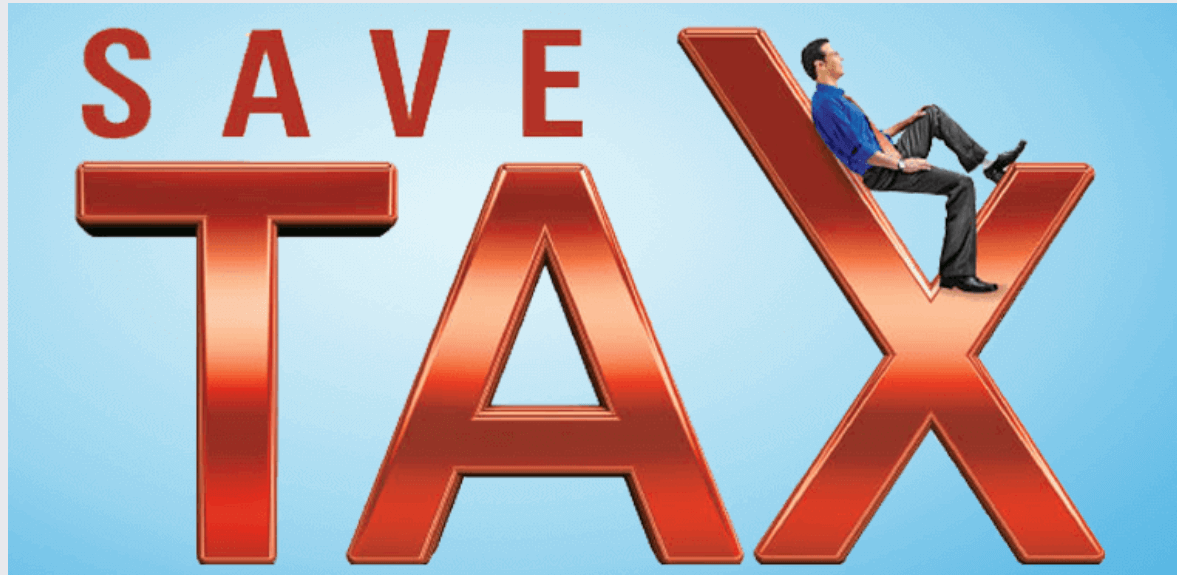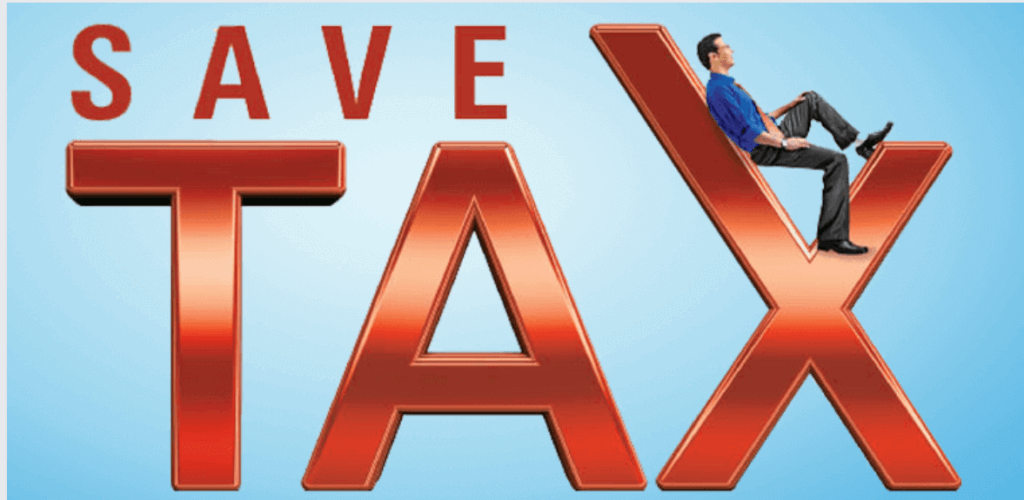Embarking on a journey to financial empowerment requires a savvy understanding of tax saving strategies. In this insightful blog post, we delve into the dynamic realm of tax planning, uncovering a myriad of effective strategies designed to optimize savings and propel you towards a more prosperous future. Whether you’re a seasoned investor seeking to refine your financial approach or a newcomer navigating the intricacies of tax management, this guide offers a comprehensive roadmap. From exploring tax credits and deductions to mastering the art of strategic investments, our goal is to equip you with actionable insights. The realm of tax efficiency will be demystified, allowing you to sidestep common pitfalls.
Join us as we unravel the complexities of tax saving strategies, ensuring that you not only navigate the tax landscape with confidence but also maximize your potential for financial success.
The Significance of Tax Saving Strategies
Understanding the importance of tax saving strategies sets the foundation for effective financial planning. Learn how strategic tax management not only reduces your immediate tax burden but also shapes your overall wealth-building journey.
Exploring Proven Tax Saving Techniques
1.Deductions and Credits: The Foundation of Tax Savings
Deductions and credits form the bedrock of effective tax planning. Understanding the distinction between these two concepts is crucial for optimizing savings.
Deductions: Deductions reduce taxable income, effectively lowering the amount on which you are taxed. Common deductions include those for mortgage interest, student loan interest, medical expenses, and contributions to retirement accounts. Leveraging deductions decreases your taxable income, leading to a lower overall tax liability.
Credits: Tax credits directly reduce the amount of taxes owed, offering a dollar-for-dollar reduction in the tax bill. Notable credits include the Child Tax Credit, Earned Income Tax Credit (EITC), and education-related credits. Exploring available credits is vital for maximizing savings.
Strategic Investment Planning:
Explore how strategic investments can serve as powerful tax-saving tools. Understand the tax implications of different investment vehicles and learn to align your portfolio with tax-efficient strategies for maximum gains.
Retirement Contributions:
Delve into the world of retirement planning and discover how contributions to accounts such as 401(k)s and IRAs not only secure your future but also offer immediate tax advantages.
Leveraging Health Savings Accounts (HSAs) and Flexible Spending Accounts (FSAs):
Uncover the tax benefits associated with health-related accounts. Learn how contributions to HSAs and FSAs can be made with pre-tax dollars, providing a dual advantage of healthcare savings and reduced taxable income.
Tax Efficiency Unleashed
Navigate the complexities of tax efficiency, understanding how to structure your financial portfolio to minimize tax burdens. From managing capital gains to exploring tax-advantaged accounts, this section provides insights into optimizing your overall tax strategy.
Common Pitfalls to Avoid
Explore common mistakes individuals make in the pursuit of tax savings. Awareness of these pitfalls is crucial to ensure that your efforts yield the maximum financial benefit without running afoul of tax regulations.
Long-Term Tax Planning Strategies
Discover long-term tax planning strategies that extend beyond immediate gains. Explore how to adapt your tax strategy to evolving financial situations, ensuring sustained success over the years.
Additional Tips and Tricks for Optimal Tax Savings
Delve into additional tips and tricks to further optimize your tax-saving endeavors. From charitable contributions to energy-efficient home improvements, explore diverse avenues for additional tax benefits.
Navigating the complex landscape of tax saving strategies requires careful planning and a keen understanding of the ever-changing tax code. While there are numerous opportunities to optimize your tax situation, it’s crucial to be aware of common mistakes that individuals often make. Avoiding these pitfalls is essential to ensure that your efforts to reduce tax liabilities yield the maximum financial benefit. In this comprehensive guide, we’ll explore some common mistakes to avoid in the realm of tax saving strategies.
1.Neglecting Regular Updates on Tax Laws:
One of the most common mistakes individuals make is failing to stay informed about changes in tax laws. The tax code is dynamic, with laws and regulations subject to regular updates and revisions. Neglecting to stay abreast of these changes can lead to missed opportunities or unintentional non-compliance. Regularly consult reputable sources, consider professional advice, and ensure that your tax strategy aligns with the latest regulations.
2.Overlooking Available Deductions and Credits:
Individuals often miss out on potential tax savings by overlooking available deductions and credits. The tax code offers a variety of opportunities to reduce taxable income, from education-related credits to homeownership deductions. Thoroughly researching and understanding the eligibility criteria for these benefits ensures that you don’t leave money on the table.
3.Not Maximizing Retirement Contributions:
Underutilizing retirement accounts is a common oversight. Contributions to tax-advantaged retirement accounts, such as 401(k)s and IRAs, not only secure your future but also provide immediate tax benefits. Failing to maximize contributions to these accounts means missing out on valuable tax deductions and potential employer matches.
4.Ignoring Tax-Efficient Investment Strategies:
Investors often neglect tax-efficient strategies when managing their portfolios. Holding investments for the long term may qualify for lower capital gains rates, and tax-loss harvesting can offset gains with losses. Strategic asset location, placing tax-inefficient assets in tax-advantaged accounts, is another approach that can minimize tax implications.
5.Forgetting to Document Business Expenses:
For self-employed individuals and business owners, neglecting to document and claim business expenses is a common mistake. From home office expenses to travel costs, carefully recording and claiming these deductions can significantly reduce taxable business income.
6.Failing to Explore Tax-Efficient Withdrawal Strategies:
During retirement, the sequence and timing of withdrawals from different accounts can impact tax liabilities. Failing to plan for tax-efficient withdrawal strategies may result in unnecessary taxes on retirement income. Consult with a financial advisor to optimize your withdrawal strategy based on your specific circumstances.
7.Mismanaging Health Savings Accounts (HSAs) and Flexible Spending Accounts (FSAs):
Health-related accounts, such as HSAs and FSAs, offer valuable tax benefits. Mismanaging these accounts by not maximizing contributions or failing to use allocated funds within the specified time frame can result in missed opportunities for tax savings.
8.Not Considering Tax Consequences of Major Life Events:
Major life events, such as marriage, divorce, the birth of a child, or a significant change in income, can have substantial tax implications. Failing to consider these consequences and adjust your tax strategy accordingly may lead to suboptimal financial outcomes. Regularly reassess your tax situation in light of major life changes.
9.Overlooking Qualified Business Income Deduction (QBI):
Introduced in recent tax reforms, the QBI deduction offers eligible businesses a significant deduction. However, many individuals overlook or misunderstand the eligibility criteria, resulting in missed opportunities for substantial tax savings. Familiarize yourself with the QBI deduction and consult with a tax professional to determine eligibility.
10.Ignoring the Long-Term Impact of Roth IRA Conversions:
While Roth IRA conversions can offer tax-free income in retirement, individuals may overlook the long-term impact on their tax situation. Consideration should be given to the immediate tax liabilities resulting from the conversion and how it aligns with your overall financial plan.
11.Not Seeking Professional Advice:
Attempting to navigate complex tax laws without professional guidance is a common mistake. Tax professionals possess the expertise to identify opportunities, interpret the nuances of tax laws, and provide tailored advice based on individual circumstances. Consulting with a tax professional ensures that your tax-saving strategy is comprehensive and well-informed.
In conclusion, mastering tax saving strategies is a pivotal step towards financial empowerment. This comprehensive guide equips you with the knowledge and tools needed to navigate the intricacies of tax planning effectively. Elevate your financial game, embrace the power of strategic savings, and embark on a journey towards lasting prosperity. Avoiding these common mistakes is essential for crafting a robust and effective tax-saving strategy. By staying informed, maximizing available deductions and credits, and proactively managing your financial affairs, you can empower your tax strategy to yield optimal results. Regularly reassess your approach, seek professional advice, and adapt to changes in tax laws to ensure that you are making the most of available opportunities for tax savings. Remember, a well-executed tax strategy is not just about minimizing current liabilities but also about fostering long-term financial success.
Thanks for reading from Adhunu
Check out our other blogs
Wealthy and Wise: Mastering Tax Strategies for High-Income Earners
Maximizing Gains: Unveiling Short-Term Investment Options with High Returns
Preserving Capital: The Art of Safe Short-Term Investments
FAQ
A1: While reducing taxable income is a common goal, it’s essential to understand the potential impact on eligibility for government assistance programs. Consult with a financial advisor to navigate this aspect effectively.
A2:Self-employed individuals can explore business deductions, retirement contributions, and tax-advantaged accounts to optimize their tax-saving strategy. Consulting with a tax professional is advisable for personalized guidance.
A3: Overlooked opportunities include non-cash charitable contributions, education-related credits, and energy-efficient home improvement credits. Staying informed about available tax benefits is key to optimizing your strategy.
A4:Absolutely. High-income earners can benefit from strategic investments, retirement contributions, and tax-efficient planning to minimize their tax liabilities. Tailoring strategies to individual circumstances is essential.






